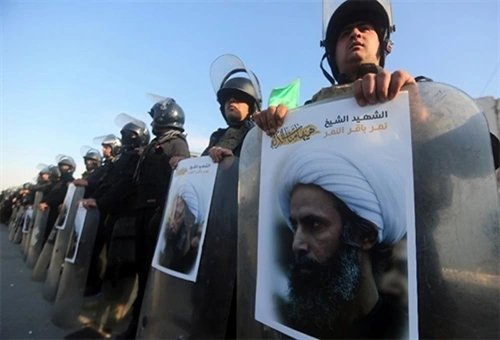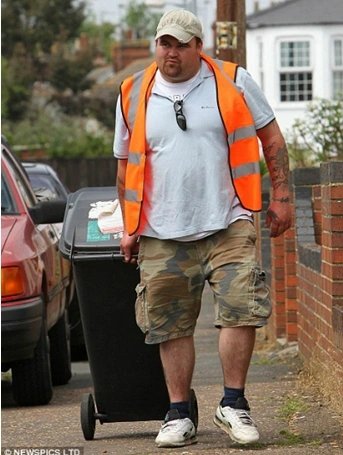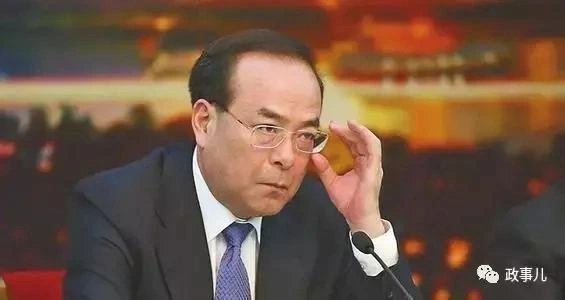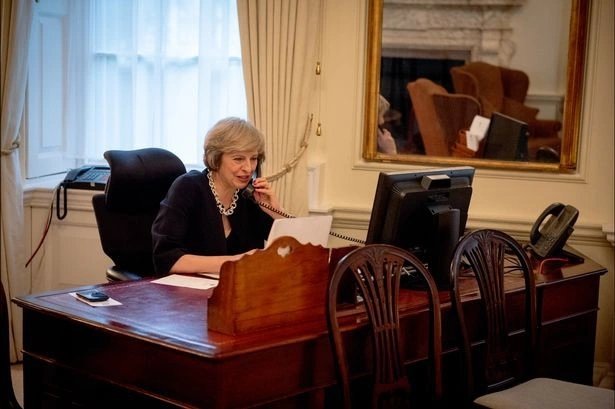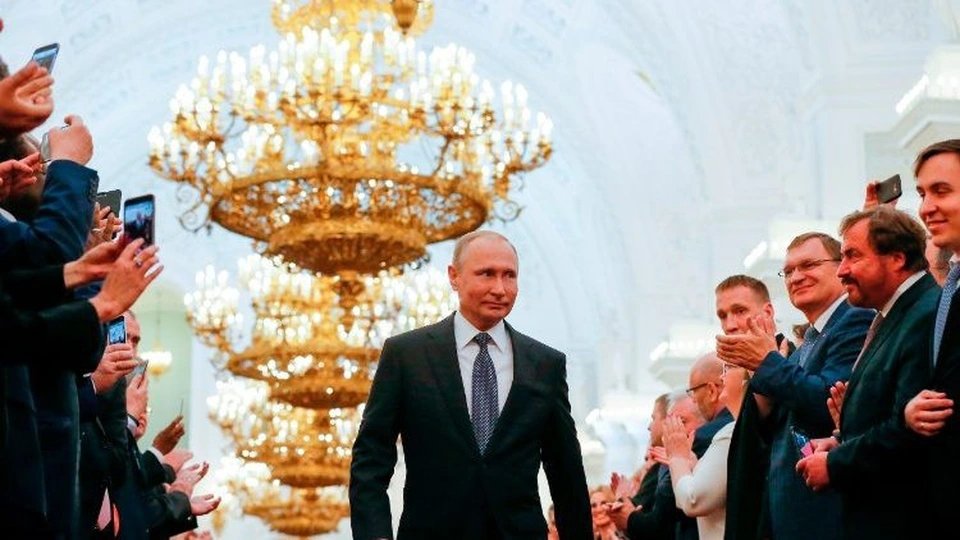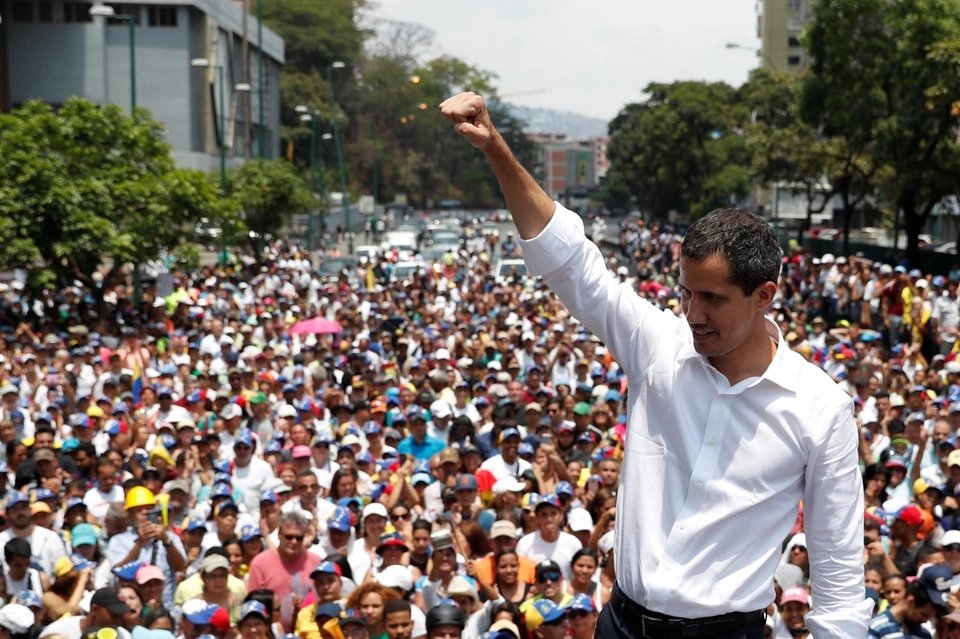
The advice to `cover your face with a cloth` if social distancing cannot be maintained was issued by the US Centers for Disease Control and Prevention (CDC) on April 3, when the number of deaths from Covid-19 in the US increased.
Even if the CDC changes its recommendations, President Donald Trump still says he will not wear a mask.
The city government of Guthrie, Oklahoma, also recently had to withdraw its mandatory mask wearing in public places and a $500 fine, after facing backlash from the people.
The reversal in views on masks and the political divisions surrounding them have exposed the Trump administration’s chaotic response to the pandemic.
`I always thought the CDC was a reliable source of information, but not anymore,` said Siouxsie Wiles, an infectious disease expert at the University of Auckland, New Zealand.
Tourists wear masks on the street in San Antonio, Texas, on June 24.
Anthony S. Fauci, director of the National Institute of Allergy and Infectious Diseases and America’s top medical adviser in the fight against Covid-19, was asked in a congressional hearing this week whether
Fauci said he did not regret the decision, arguing that at the time, medical supplies such as masks should have been prioritized for healthcare workers on the front lines.
The debate over masks may continue to heat up in the coming weeks, as the number of new infections in many US states increases to records, amid the country’s efforts to reopen the economy.
In many other countries, masks have not become a controversial issue like in the US.
`In Hong Kong, it’s easy to see people wearing masks around, even when there’s no epidemic, because maybe they’re sick and don’t want to infect people,` Keiji Fukuda, dean of the School of Public Health
Worried about `silent pathogens`, people infected with the virus without symptoms, causing the pandemic to spread, many countries have changed their mask regulations.
Conducting in-depth research on the effectiveness of masks in Covid-19 prevention is not easy amid the pandemic, but a series of preliminary studies support the wearing of masks.
A review, sponsored by the World Health Organization (WHO) and published in the journal Lancet, compiled data from 172 studies and concluded that wearing a mask reduces the risk of nCoV infection.

Medical staff rushed to transfer the body of a person who died of Covid-19 to a refrigerated truck at a hospital in Brooklyn, New York, in April. Photo: AFP.
For many people, this is all that is needed to demonstrate the effectiveness of masks.
However, some world leaders such as President Donald Trump, Mexican President Andrés Manuel López Obrador and Belarusian President Alexander Lukashenko still avoid wearing masks in public.
Brazilian President Jair Bolsonaro, who once downplayed the threat of nCoV even though the South American country recorded the world’s second-highest number of deaths, was this week ordered by a federal judge to wear a mask when traveling abroad.
However, Adam Taylor, foreign policy commentator for the Washington Post, said that the divisions over wearing anti-Covid-19 masks in the US are not President Trump’s fault alone.
Some other factors influencing the mask controversy include the American political system that gives a lot of power to the states, as well as Americans being too focused on protecting personal freedom.
But the constantly increasing number of infections and deaths due to Covid-19, as well as the wave of violent protests after the death of George Floyd, have caused many countries to reconsider the capabilities of the world’s superpower.
`We have become accustomed to the notion that America has almost unlimited resilience. But for the first time in my life, I am starting to doubt this,` said Michel Duclos, former French ambassador to Syria.
The US has faced many `blows` to its global reputation before, including the Iraq war and some of Trump’s decisions since 2016. However, this time it’s not just political leaders but also experts
`The US has many of the best hospitals and doctors in the world. But this country lacks a centralized system to give you confidence that the US can fight the pandemic effectively,` commentator Ferninando Guigliano of

